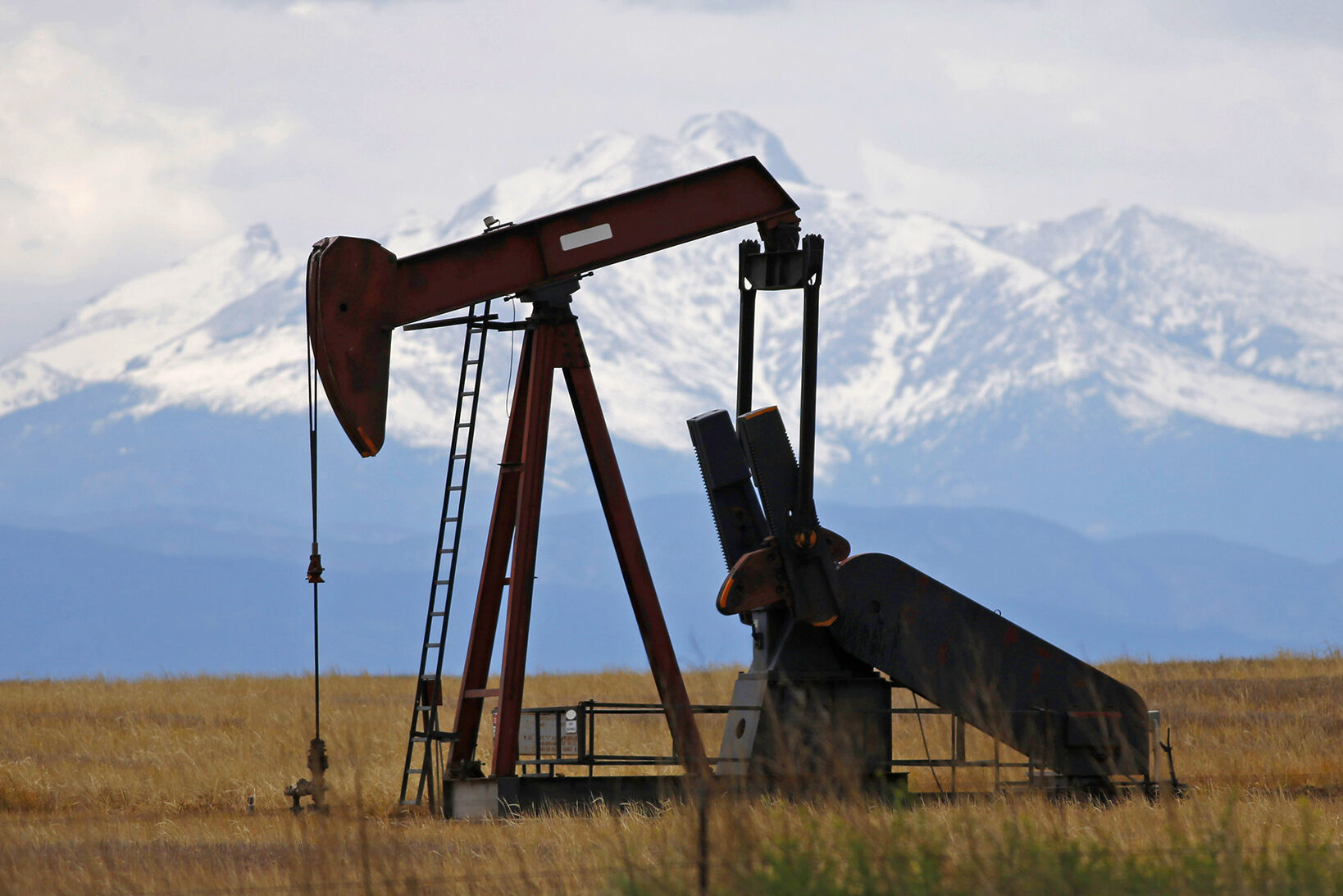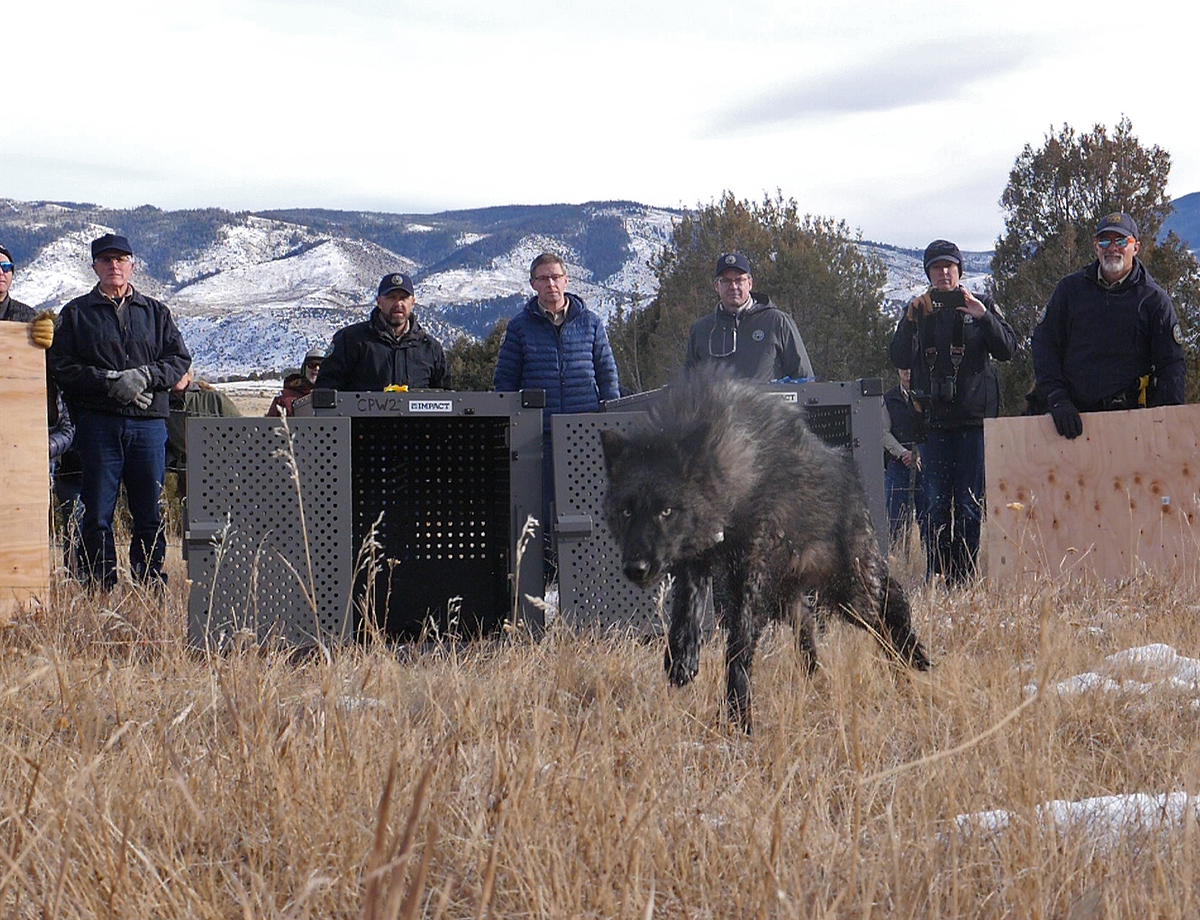The State levied a massive penalty against the Suncor Refinery in Commerce City yesterday. $2.2 million for, in part, not properly maintaining filters that keep a toxic chemical -- benzene -- from going into the air. But as Colorado Public Radio’s Ben Markus reports this is just one in a long line of clean air violations at the troubled refinery.
Reporter Ben Markus: Monday’s 2 million dollar penalty was greater than all the other penalties against Suncor combined. Will Allison is Director of the Air Pollution Control Division for the State.
Will Allison: That is quite a large number and I’m sure attracted the attention of corporate headquarters.
Reporter: Previous fines were usually assessed in hundreds of thousands -- not millions -- of dollars. A review of state records show that over 10 years, the various owners of the Commerce City refinery complex have been fined more than 7 million dollars in clean air penalties. The violations range from the small -- inadequate paperwork -- to the big -- uncontrolled releases of toxic pollutants. Now, none of this is related to the recent oil spill at the plant. Allison thinks Suncor is sincere about fixing the problems with the refinery.
Allison: I think here, it’s simply, it’s a very large facility, it’s a very complex facility, it’s subject to a lot of complex regulations, and the number of violations contributed to the size of the penalty.
Reporter: University of Denver Professor Federico Cheever is an expert in environmental law, he agreed to review the state’s enforcement records for CPR.
Fred Cheever: It’s certainly a pattern, and if you look back, as you have over the last decade it’s pretty easy to see a pattern of non-compliance, a pattern of penalties.
Reporter: Though he admits that it’s not abnormal for big refineries to have multiple violations -- refining oil after all is a dirty business. For its part Suncor says it’s invested nearly a billion dollars upgrading the State’s only refinery. John Gallagher is Suncor’s Vice President of refining. He says, despite the constant violations, the air around the facility isn’t toxic.
John Gallagher: The air is, you know, basically, the air is safe here, around our facility, it’s monitored by ourselves, by others, and I really don’t see any reason for people for people to be concerned.
Reporter: The state agrees … their monitors at Swansea Elementary haven’t detected harmful levels of pollutants. Suncor’s Gallaher adds that these are old refineries -- dating back to the end of the Great Depression.
Gallagher: We have some problems, but in the big scheme of things our problems are small relative to the benefit we derive to the community.
Reporter: Its a big employer. And if Colorado had to rely on the next closest refineries, in Wyoming or Utah, gas would be more expensive. But that argument doesn’t fly with Jeremy Nichols -- with the environmental group WildEarth Guardians. He thinks the problems outweigh the benefits for people living near the plant.
Jeremy Nichols: But I think Suncor just really epitomizes the problems facing North Denver, the environmental justice challenges.
Reporter: Nichols has monitored the refinery’s air quality record for years. I interviewed him a couple of months ago -- standing on a bike path a few hundred yards from the refinery. Besides Suncor -- power plants and dog food factories dot the horizon.
Nichols: You have a lot of people here who have no choice but to live here, they have long standing family homes, and the way property values are here, they just can’t afford to pick up and move away.
Reporter: A couple of miles from the refinery, is the modest, but well kept home of Joe Mares. He’s lived there for 50 years, and he recalls a time when it was much worse. The air stunk, and then there was an explosion at the facility back in the 60’s.
Joe Mares: All of a sudden was, boom! And I was like, damn what was that and the windows, my windows actually broke, they actually cracked – a lot of them cracked.
Reporter: Mares likens the more recent clean air violations at the neighboring refinery to a relative passing gas at the dinner table.
Mares: That’s not right, they don’t want you, go walk away, a little bit, walk a little bit and let the gas out somewhere else.
Reporter: But he says what can you do? He’s just a working-class guy and Suncor is a well-connected multinational corporation … supplying Colorado with much needed gasoline. That brings us back to Professor Cheever, with the D-U Law School. He acknowledges that the facility has had it’s problems, and all refineries carry a risk of pollution.
Cheever: Which raises the question: should they be in such a heavily populated urban Reporter: Well, for now the refinery isn’t going anywhere.
Reporter: In the meantime, the state is trying out something new. It’s giving the community a say in how use a portion of the 2 million dollar fine to improve the neighborhood around the plant.
[Photo courtesy of Suncor]









